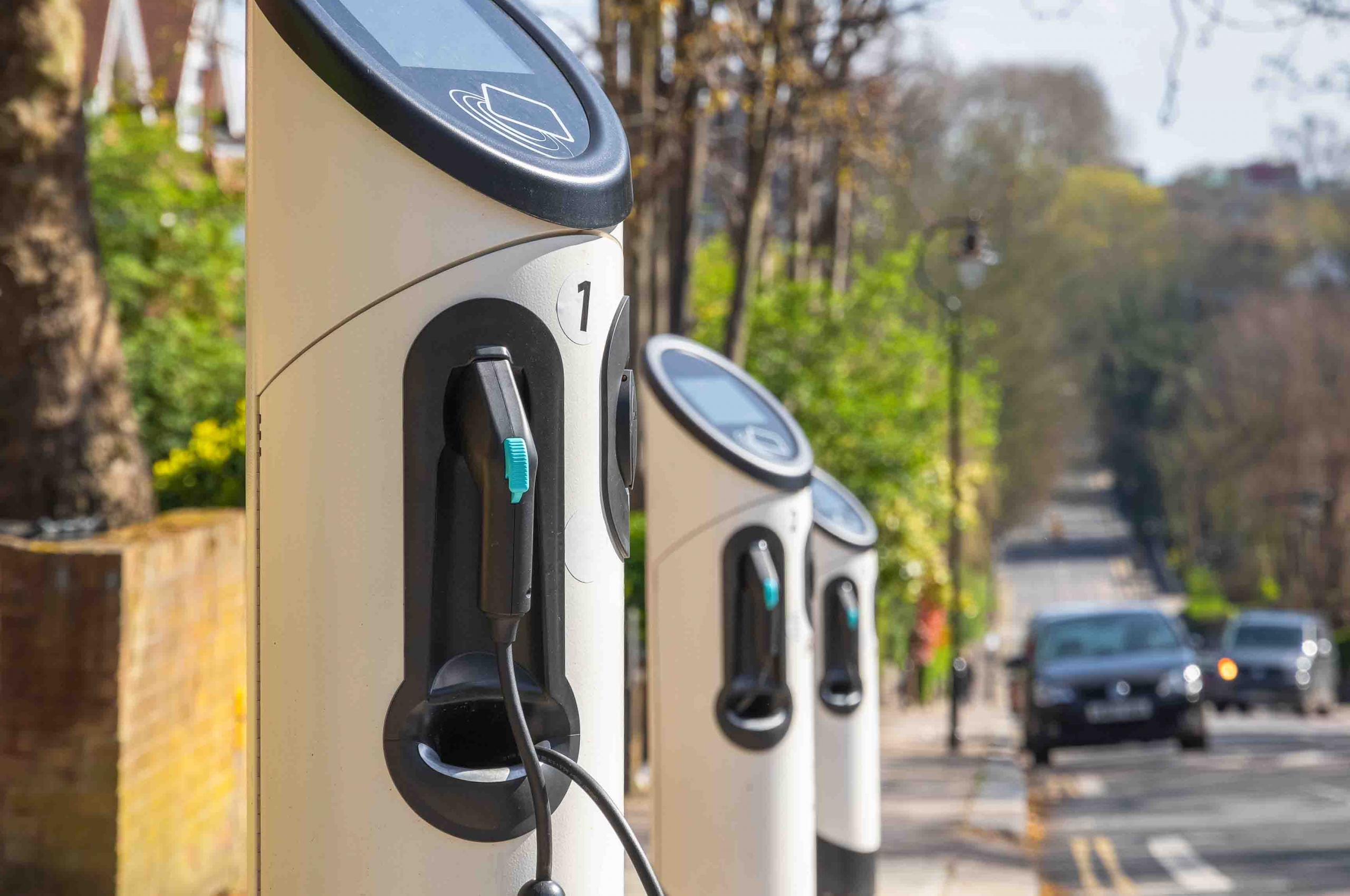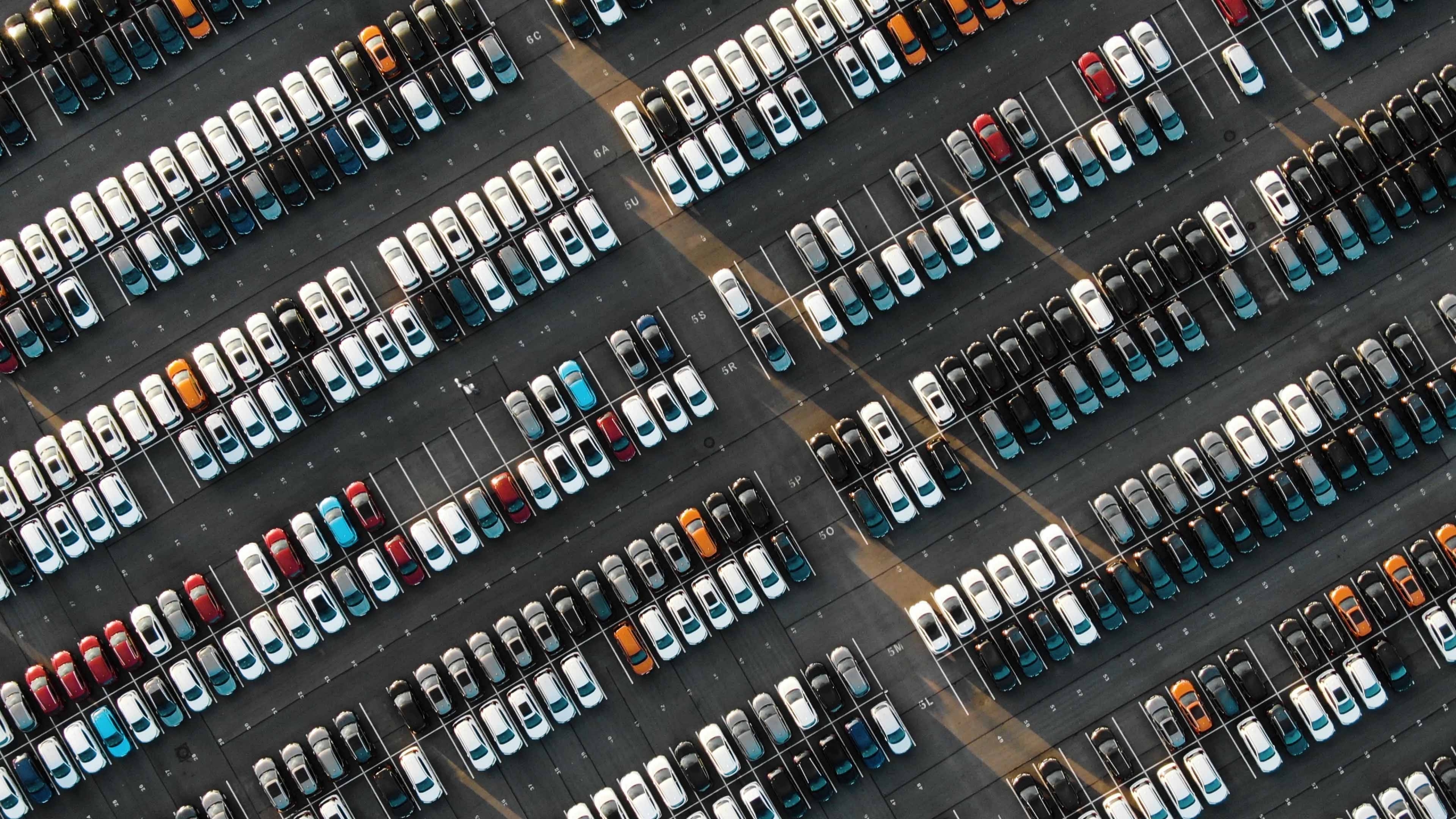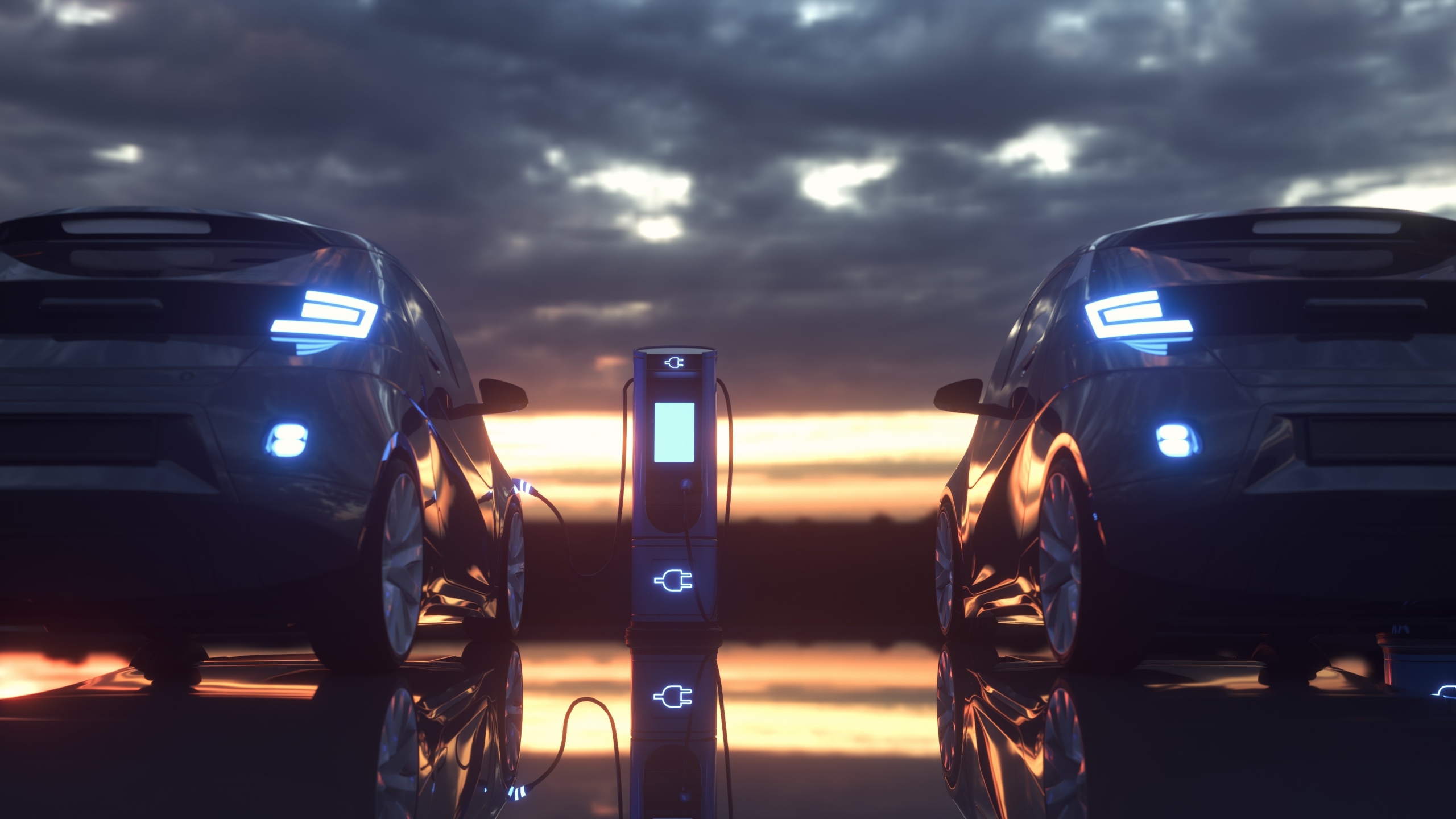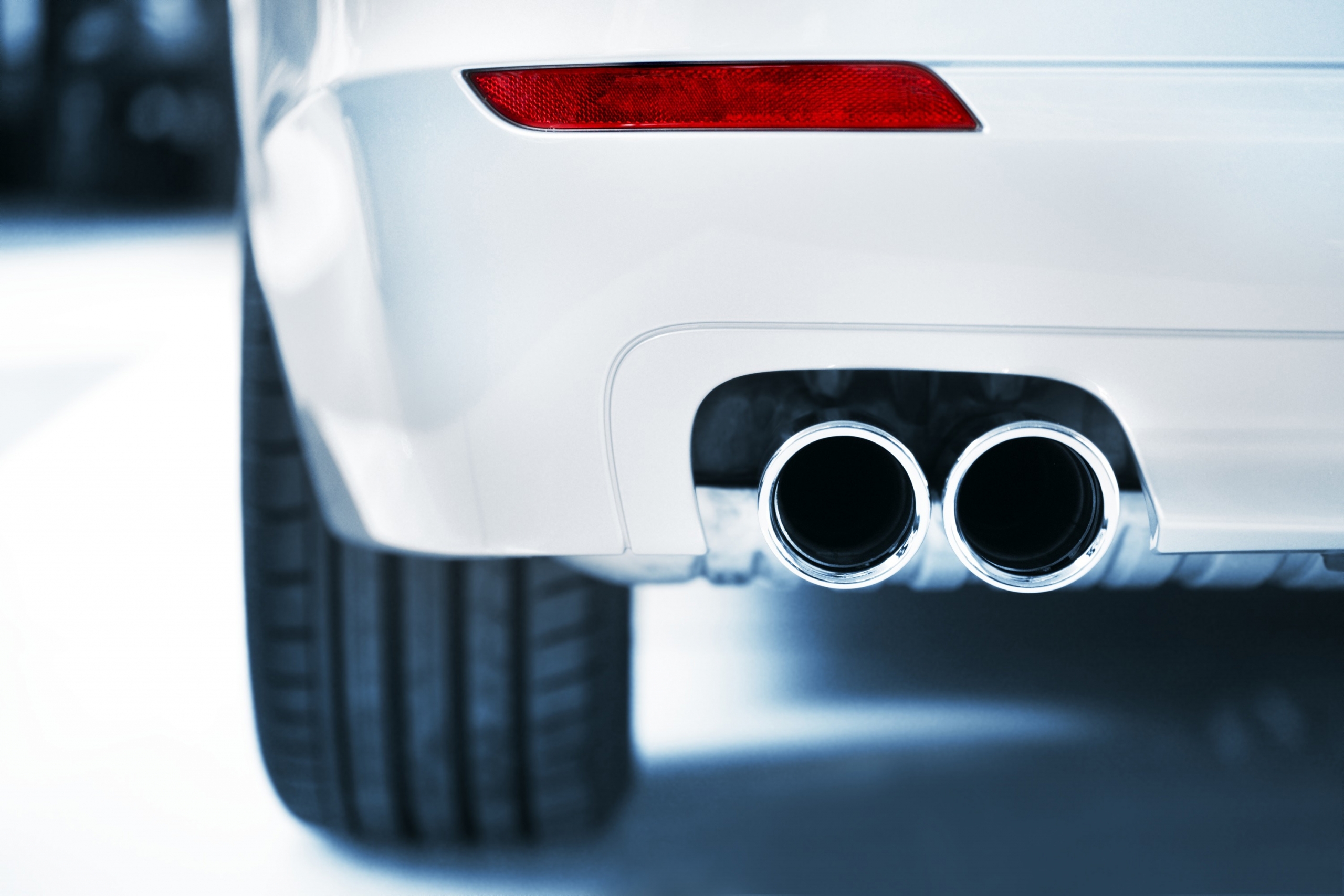February 2023
Mark Newberry, Commercial Director and Sustainability spokesperson at Europcar Mobility Group UK looks at some of the challenges facing businesses trying to transition to zero emissions
In January 2023 the SMMT reported that new car sales of battery electric vehicles (EVs) had outnumbered petrol sales in December, increasing 52.5% year-on-year. Encouraging stats in the world of EVs.
However, a recent government report on public electric vehicle charge points revealed that the charging network has grown by just 31% in the same period.
Whilst this is undeniable progress and there are some amazing organisations leading the charge (pardon the pun) and heavily investing in the network, it may appear to be taking the slow lane while EV sales overtake in the middle lane. Certainly the current investment in charging infrastructure doesn’t seem to be putting an end to growing grumbles and queues at charging points.

Ongoing challenges with the public vehicle charging infrastructure have fuelled the mainstream media’s apparent disdain for electric vehicles and their green potential. It’s an uncomfortable question, but have they got a point?
A recent Europcar poll found that 59% of motorists prefer to charge at home compared to 23% at work and 18% ‘on the go’.
This not only underlines the convenience issues that currently exist, but also the costs. Recent RAC research suggested that the cost of rapid-charging an electric car using a public charging network had increased by about 50% in the past eight months. However, it also found that those who charged at home were still getting “great value” despite rising energy costs.
For motorists – and employers – to have confidence in switching to zero emissions vehicles, it is essential that more chargers overall are made available, especially rapid chargers, and that reliability is dramatically improved. But in the short-term, for those fortunate enough to have off-road parking and a range long enough for their regular journeys, charging at home is a good solution and successfully supports the transition to sustainable mobility.
In terms of uncertainty about performance and the impact on business productivity of all electric vehicles, the best way to ease this is for businesses to be able to experience electric in real world conditions. Many manufacturers and dealer groups are offering test drives and mobility companies like Europcar offer longer ‘try before you buy’ experiences.
Of course there are still challenges with the supply chain, driver nervousness and high vehicle prices, making it understandable why so many business fleets are not fully ready to make the switch to zero emissions. But there is a real willingness for change. At Europcar we are seeing our own company car drivers sign up to the change with 75% of orders for company car vehicles EV and 15% hybrid. The average CO2 for this fleet is 17g, compared to 114g 12 months ago. And it’s important not to ignore the tax benefits to employers and more importantly to employees with huge reductions in company car tax, as well as the regular fuel cost reductions. While electricity is more expensive than it was a year ago, it’s still providing a significant cost saving all round.
Now’s the time for Business Travel and Fleet Managers to act. It’s time to capitalise on the offers of help to gain understanding. It’s time to build confidence in electric mobility. It’s time to learn where adjustments will need to be made to operational models. It’s time to embrace green mobility.
Because if not now, when. And if not you, then who.





